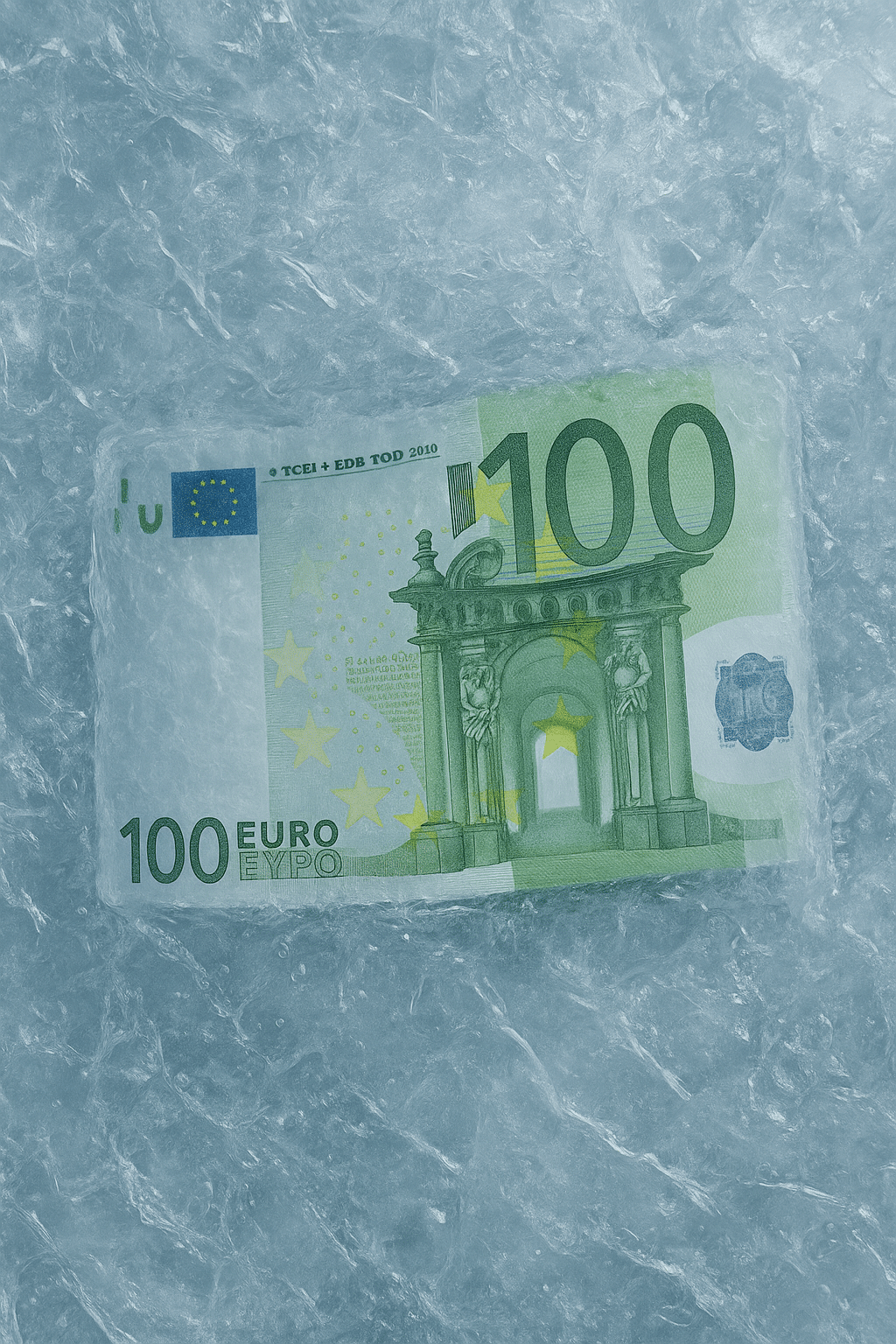Recent Scholarship on Sovereign Immunity from Executive Measures
May 29, 2025

Immunity protects the assets of foreign sovereigns from the jurisdiction of domestic courts. Customary international law requires such immunity, which is also conferred in the United States by the Foreign Sovereign Immunities Act (FSIA). An important question about sovereign immunity is whether it also protects the assets of foreign sovereigns from executive branch or administrative measures, or whether it is limited to judicial measures.
The answer to this question has broad implications not just for the scope of immunity, but also for sanctions and countermeasures. The freezing and potential confiscation of Russian central bank assets highlights these implications. In many countries, freezing central bank assets – like many other kinds of sanctions – is achieved by the president and administrative agencies, but does not require judicial action. If immunity applies only to judicial actions, then it does not apply to asset freezes, and therefore sanctions freezing assets should not be categorized as “countermeasures” because they are not measures that are otherwise unlawful (based at least on immunity). In the United States, the FSIA only limits the jurisdiction of the courts and does not apply to presidential or administrative action. In my view, that is also true of customary international law. Others disagree.
Philipp Janig has written an important new article on this subject, State Immunity from Non-Judicial Measures of Constraint. His examination of global state practice is extremely helpful and the article adds significantly to the academic (and policy) debates on the issue. Highly recommended! Here is the abstract:
The discourse on State immunity has traditionally focused on its application in judicial proceedings. However, in recent years scholars have begun to address whether the law on State immunity also protects foreign States against measures taken against their property by the territorial State’s executive and/or legislative organs. This question has been raised following unilateral sanctions regimes freezing property of foreign States. It has gained renewed attention in the context of the ‘immobilization’ of around €300 billion of the Central Bank of Russia’s assets as a reaction to the invasion of Ukraine by the Russian Federation. In addition, there are recent suggestions to subject these sovereign assets to further steps, including confiscation, the generation of investment returns or taxing windfall profits accruing to the entities holding the assets. This article revisits the various conceptions of the law on State immunity to address the question of whether a principle of State immunity against non-judicial measures of constraint exists. Based on a review of existing State practice and opinio juris, it argues that customary international law does provide for State immunity in this context. However, the article further contends that the content of the norm should be construed differently than in relation to judicial proceedings, recognizing the weight of public policy concerns of the territorial State.